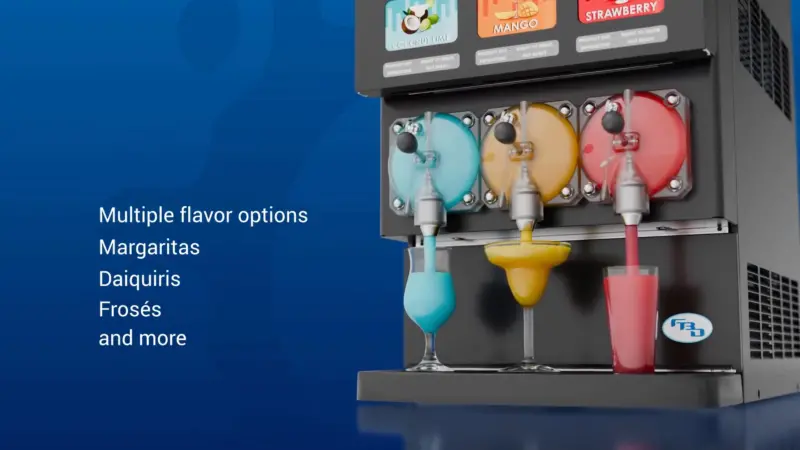How the Hospitality Staffing Landscape Changed
From new technologies and changing food trends to supply chains and innovative concepts, the restaurant industry is everchanging. Host Andre Natera shares kitchens, plates and stories with food and beverage superstars, preparing a new dish and offering valuable insights from the front lines of the culinary industry.
Workforce management has always been a challenge in hospitality. A year-plus into the pandemic, and the problems are both new and the same. For a look inside recruiting and staffing, Run the Pass host Andre Natera spoke with Eropa Stein, CEO of Hyre.
Hyre is a workforce management software that Stein launched after realizing the considerable complexities of hospitality staffing. “It really started when I was consulting for a hospitality staffing agency, and they were using Excel spreadsheets.”
The app started as just a way to fill the need of temp workers for events. Now, it’s a product that solves all staffing problems. “At first, it was getting rid of the middleman of using a staffing agency. A venue could go on the platform and put in who they needed, when, and the rate,” Stein explained.
“A lot of people left hospitality, so now the new people don’t have the experience, so upskilling is important.” – Eropa Stein
Once workers complete a shift, they also get ratings, which helps them be more appealing to those hiring.
In describing the company’s success, Stein said, “Opportunities like special day or moments were big selling points. We also got lots of referrals, and many workers found it exciting to perhaps work an event where someone famous would be.”
Post-pandemic recruiting in hospitality is harder than ever, and the workforce looks different. “A lot of people left hospitality, so now the new people don’t have the experience, so upskilling is important. Finding people from different areas like retail, where they have similarities in skills can be an opportunity,” Stein noted.
Others have changed their entire model with a skeleton crew that they supplement with temp staff. Overall, Stein commented, “For those returning after the pandemic, the landscape has changed, and they’ll need to adapt.”
Watch Previous Episodes of Run the Pass!
Follow us on social media for the latest updates in B2B!
Twitter – @MarketScale
Facebook – facebook.com/marketscale
LinkedIn – linkedin.com/company/marketscale




